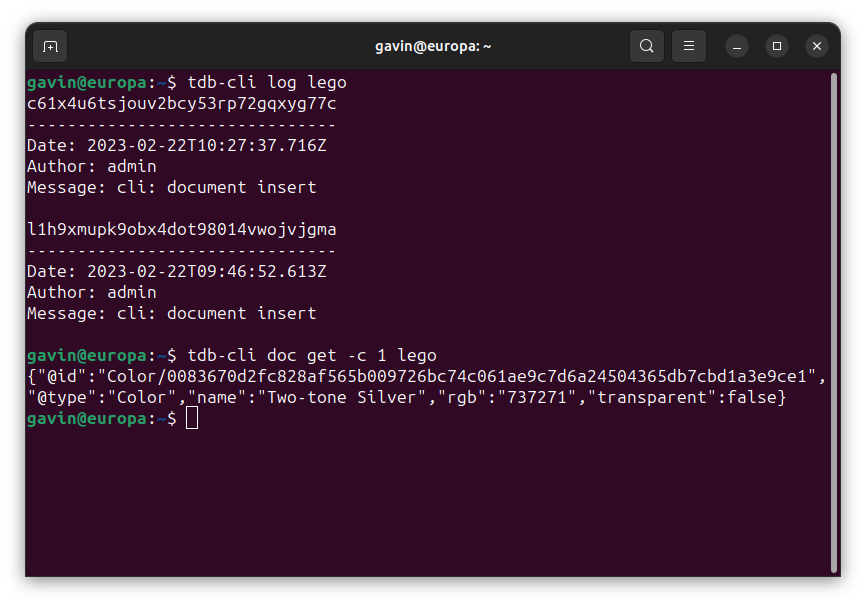Contentful Alternative
TerminusCMS is an open-source Contentful alternative. Developers can get users self-sufficient quickly. Requiring far fewer development hours than Contentful, TerminusCMS lets developers configure powerful native features to deliver everything from back-office management to SaaS content delivery.
FEATURES
-
Free to use
-
Reusable auth
-
Self-hosted
-
First-party API
-
Custom admin views
-
Content schema as code
-
Semantic CMS
-
Graph query & analytics
-
Native revision control
-
Immutable data stores
-
Custom change management
-
Usage limits
TERMINUSCMS
CONTENTFUL
TerminusCMS is more free and open than Contentful
Self Host, Your Cloud, Our Cloud - Your Choice
TerminusCMS is open source under the Apache 2.0 license. Self-host and extend TerminusCMS without limitations. Contentful hosts your data on AWS in the US East Coast.
Complete Flexibility
You decide how your data and content are saved and serviced. Contentful is a third-party API that stores data on its servers.
Develop Anything
Easy to extend, build your features on our code. Introduce SSO, custom roles and workflows, semantic content models, and graph analytics. Contentful provides some of this functionality, but only at their premium tiers.
Save Money
With unlimited storage, users, and no license fees, TerminusCMS is a more cost effective alternative to Contentful. In addition to Contentful’s base pricing, you have limits on API calls, bandwidth, and records that may incur additional fees.
TerminusCMS Requires Less Developer Time
Designed with developers in mind, TerminusCMS provides engineers with the tools they need to build, deliver, and support headless CMS.
No-Hassle Environments
TerminusCMS is natively revision-controlled. Its immutable datastore enables developers to branch and clone data and schema to make it easy to reduce development, staging, and production database divergences. Contentful’s UI approach to content modeling results in the need for manual environment migrations.
Audit Logs & Versioning
With an immutable backend, TerminusCMS stores every single commit made to the data and schema and stores this in a commit-graph. Speed up development by auditing the build automatically and having the ability to roll back or compare commits. Contentful provides basic versioning for content but fails to provide developers with these tools.
Complete Configuration
Configure just about anything in TerminusCMS to get users fully self-sufficient. Decide upon your needs, from how and where you store data to custom roles, change management workflows, and schema as code. You have complete freedom to provide a robust solution to fit with your teams’ methodologies. Contentful limits many aspects of configuration and extensibility forcing you within their constraints.
Semantic Enrichment
Under the hood of TerminusCMS is a document graph database, semantically connecting JSON documents providing a holistic view of all your content and assets. TerminusCMS is built from the ground up, whereas Contentful is reliant on third-party databases and offers basic search functionality.
Complex Content Infrastructures
When content requirements go beyond traditional marketing content, it can be problematic to model and deliver content across complicated infrastructures in Contentful. TerminusCMS is designed to semantically model complex content infrastructures.
Graph Analytics
GraphQL is coupled with a powerful Datalog query language to enable back and frontend users to utilize powerful queries to find, use, and manipulate data on the fly. Dynamic content, recommendation engines, and a full-blown analytics engine are all in the scope of TerminusCMS.
Conditional Logic
Deliver true dynamic content to users based on their preferences using conditional logic to programmatically query and serve content just for them.


So much more than CMS
Get started in minutes and for free with our TerminusCMS Community Package. Clone an example from the dashboard to experiment and play today.





